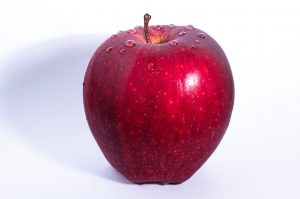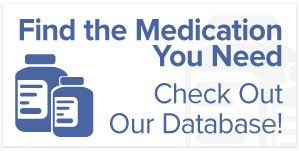Millions of people are at risk for developing type 2 diabetes, which is the type of diabetes that is caused, primarily, by lifestyle choices. If you are overweight, or have a brother, sister, father, mother, or friend that is overweight, they may be at risk for developing type 2 diabetes as well. Diabetes is known to have serious health consequences, such as eye/foot problems, stroke, heart disease, and other metabolic disorders. The great news is that type 2 diabetes is easily preventable with a few lifestyle changes. There are a number of ways to prevent type 2 diabetes and we’ll be going over a few of those ways in this article.
Lower Type 2 Diabetes Risk
Research has shown that there are many ways to reduce your risk of developing type 2 diabetes.
- Lose weight and don’t re-bound.
By losing weight and keeping it off, you greatly reduce your risk for developing type 2 diabetes. If you are overweight, a good starting goal would be to lose 5-7% of your overall bodyweight. For example, if you are 300 pounds, you’ll want to lose 15-20 pounds.
So, how can you do this? Move more. Physical exercise should become a daily part of your routine. Exercise for at least 30 minutes a day, five days a week. More is even better! Here are just a few activities that you can incorporate into your life to burn off a few extra calories every day:
- Walking
- Jogging
- Dog walking
- Swimming
- Biking
- Hiking
- Weightlifting / resistance training
- Going to the gym
- Zumba classes
- Kayaking
- Rowing
- Yoga
- Pilates
- And the list goes on…
Diet Changes
One of the biggest predictors of pre-diabetes is being overweight. To combat this, you should make a permanent diet shift. Out with the processed, sugary foods. Diet soda and soda alike should be entirely eliminated from your diet, and you should throw out “domino” foods if you keep them in the house. Ever eaten an entire jar or bag of something? That’s what we call a domino food. Even perceived “healthy” foods can add up in calories, such as cashew nuts. While nuts do have health benefits, eating an entire jar of nuts can add up to over 2000 calories, which is the average daily calorie requirement for women.
Try incorporating foods that have no TV commercials, such as vegetables, fruits, legumes, nuts, and lean meats. If you want to go the extra mile, you can try calorie counting apps such as My Fitness Pal, which can aid in your weight loss journey. Try to eat something green at least three times a day.
Proper hydration can also help flush toxins out of your system, as well as keep you feeling full for longer. To start, aim for 8-12 8oz glasses of water each day. Proper hydration can also restore the vitality of your skin, improve the appearance of wrinkles, decrease your amount of acne, and lead to fat loss.
What if I’m Pre-Diabetic?
If you are pre-diabetic, your blood sugars are elevated and you are at risk for developing type 2 diabetes. According to the Centers for Disease Control and Prevention, about 1 in 3 Americans may be pre-diabetic. To lower your chance or developing this disease, follow all of the rules we just listed. In summation: eat healthier, get more physical exercise, drink more water, and reduce your overall calorie intake.
There is another option as well.
Metformin
Metformin HCL is a drug that is used in conjunction with diet and exercise to control high blood sugar in pre-diabetic patients. Controlling your high blood sugar can prevent serious symptoms of diabetes, such as sexual issues, nerve problems, loss of limbs, kidney damage, blindness, heart attack, heart disease, and stroke. Metformin decreases the amount of sugar that your liver produces, as well as how much sugar your intestines and stomach absorb. Metformin also restores your body’s natural response to the insulin it produces. Remember to follow a healthy diet plan and exercise regime when starting metformin.
Diabetes Prescription Assistance
The Rx Helper helps solve the problem of millions of uninsured and under-insured Americans that cannot afford to pay for their prescription medications by enrolling them in prescription assistance programs. To find out if you qualify, visit our contact page or give us a call at (877) 767-3297 for enrollment information.





